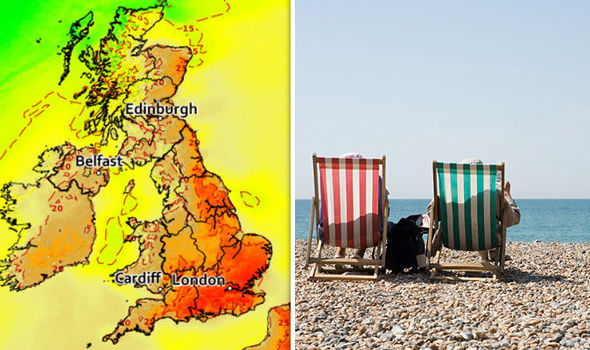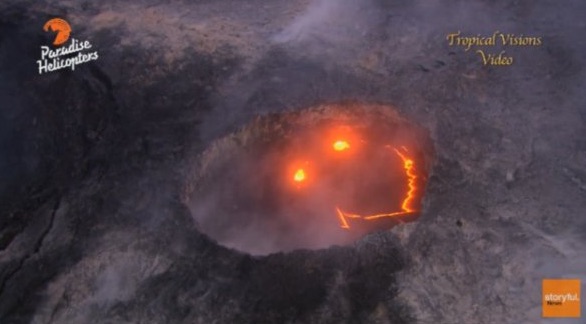
The Environmental Audit Committee says the UK’s infrastructure isn’t equipped for a future of regular heatwaves, evidence of liquid water has been discovered on Mars, Facebook’s share price has plummeted as user growth begins to stall.
The new Heatwaves: adapting to climate change report from the Environmental Audit Committee warns that heat-related deaths in the UK will treble by 2050 unless the government develops a cohesive strategy to tackle the effects of climate change in the UK (BBC News). Committee chair Mary Creagh MP said that “heatwaves cause premature deaths from cardiac, kidney and respiratory disease. There will be 7,000 heat-related deaths every year in the UK by 2050 if the Government does not take action.” Met Office data indicates that summer temperatures could regularly hit 38.5 degrees Celsius by the 2040s and the committee highlights the unsuitability of many UK homes, schools and office buildings for high temperatures.
Evidence of liquid water discovered on Mars
Italian scientists working with the ESA’s Mars Express satellite have discovered evidence of liquid water beneath the red planet’s southern polar ice cap (Ars Technica). The telling data was collected by the orbiter’s MARSIS ground-penetrating radar instrument, which can detect the point where water and ice meet by an unusually bright signal reflection. To be liquid at Mars’s frozen poles, the water would have to contain a concentration of salts higher than Earth’s oceans and although the area of high reflectivity extends for several kilometres, it’s not clear how deep it is.
Facebook’s share price plummets as user growth begins to stall
Facebook lost a massive $120 billion from its market value – a 20 per cent drop in its share price – in the wake of the company’s latest earnings announcement, which revealed slowing user growth, particularly in the lucrative European and North American regions (TechCrunch). European monthly user numbers declined by a million, while the number of active users in the US and Canada has stalled at 241 million. The company’s troubled second quarter results come in the wake of a rash of negative news stories about its handling of user data, as well as the company’s known difficulty in engaging with younger users.
The high-stakes race to connect the world is just getting started
For some villagers living in Mwandi District in rural Zambia, the only way to get online is to pay a visit to the MTN tree (WIRED). Every day a constant stream of people stand under its branches, phones aloft, hoping to catch a data connection to the tree’s namesake, the telecoms company MTN Zambia. Dotted throughout Sub-Saharan Africa you’ll find countless similar landmarks. Sometimes it’s a conveniently-placed rock that marks a place with a decent data connection. At other times getting online means queuing to walk up a termite mound. But with only 22 per cent of people in Sub-Saharan Africa online, it remains a place where the internet isn’t within easy reach – it’s something that people have to actively hunt down, if they can afford a device in the first place.













